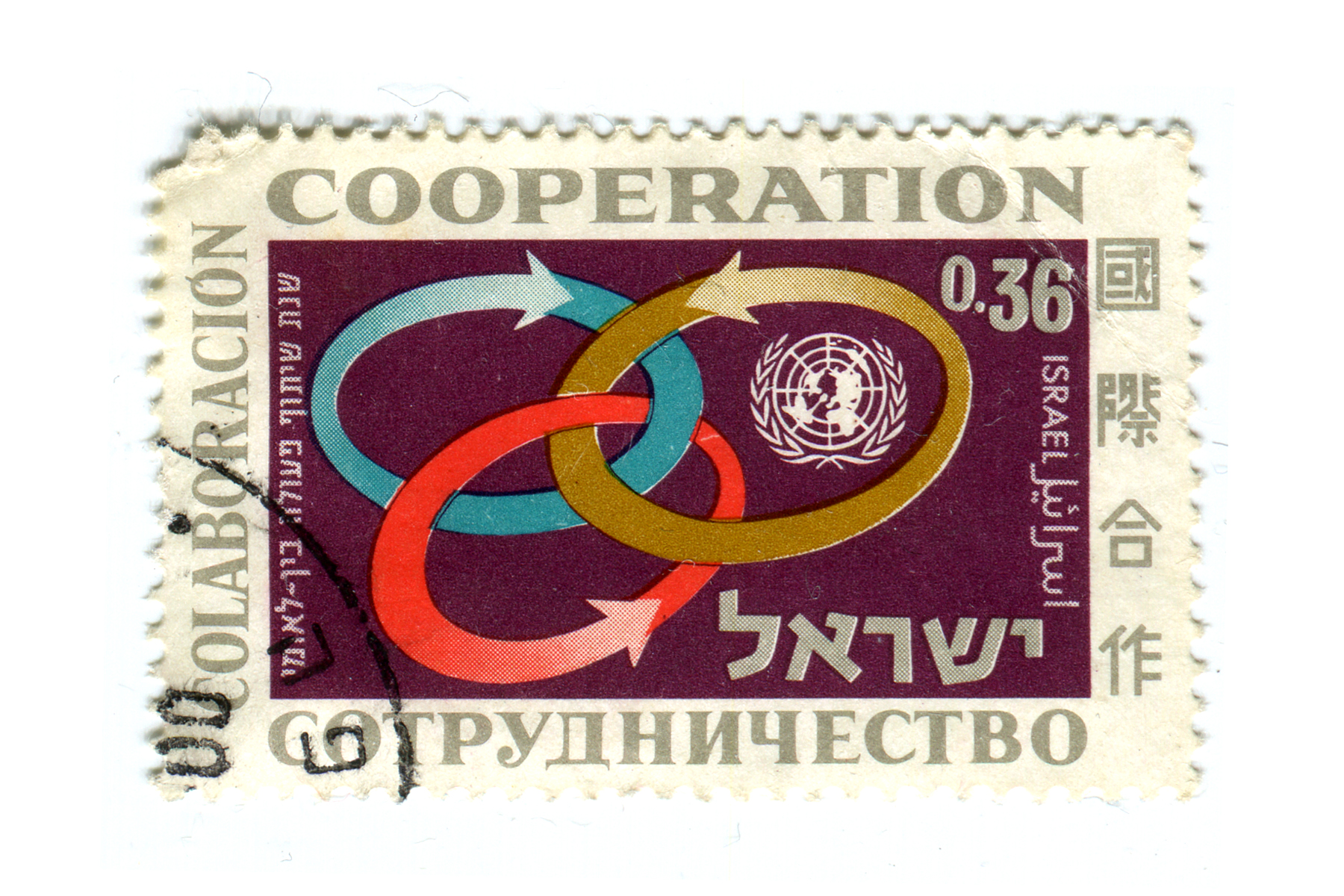Badging ‘co-operative character’

Next week, I’m running a couple of workshops on behalf of We Are Open Co-op at the Co-operative Education and Research Conference. Perhaps unsurprisingly, I’m going to focus on the overlap of co-operativism and Open Badges, to explore the concept of ‘co-operative character’. This is something that was emphasised by the early pioneers of the co-operative movement, and feels like something that badly needs resurrecting.
As part of the research for my sessions, I came across a paper by Keith Crome and Patrick O’Connor that they published after presenting at last year’s conference. It’s entitled ‘Learning Together: Foucault, Sennett and the Crisis of Co-operative Character’, and was published in the Autumn 2016 issue of The Journal of Co-operative Studies (49:2, ISSN 0961 5784). The authors were kind enough to help me find a copy to help with my preparations and thinking.
It’s a well-written paper, and the kind that the reader feels could almost be unpacked into something book-length. As the paper is so wide-ranging in scope, it sparked all kinds of ideas in my mind, so I had to be disciplined to retain a focus on how co-operative character might be encouraged through the use of badges. Pivotal to this, I feel, is the authors’ persuasive argument that co-operative character is a virtue, rather than a collection of skills.
Co-operation is a matter of character – it designates an attitude, a disposition, a way of being and acting. And getting to grips with co-operation is essential, so that what is needed is not an account of the various skills that are held to make it up, but a description that conveys the vivacity of the co-operative character as it is inculcated in teaching and learning…
Initially, I was slightly dismayed by this, as I thought co-operative character might not be the kind of thing that is badge-able. However, although badges do tend to be used to scaffold skills development, there’s no reason why they shouldn’t be used to in developing co-operative character. We just need a slightly different approach.
Crome and O’Connor explore two main arguments against co-operative character being a collection of skills:
- Co-operation is inherently positive — “A skill can be put to good use, but it can also be used to harm… A virtue, on the other hand, is fixed: it always looks to the good, otherwise it is not a virtue but a vice.” The authors suggest that the opposite of co-operation is ‘collusion’ – an approach that actively prevents co-operation with other groups.
- Co-operation is distinct from technical proficiency — Imagining the case of a callous doctor or rude builder, the authors state: “Even if it is not the case, we would see why someone might say that it ought to be the case that the character of the builder or the doctor is of no significance – what matter is how well they do their job, how technically proficient they are within their respective sphere of expertise.” In other words, co-operation transcends particular techniques and practices, “as co-operation is a virtue relevant to broader society”.
So, to develop co-operative character, we need a more orthogonal approach than the usual skills grid or competency framework. We need something that recognises that people are on a character-building journey. This journey is likely to look very different in various contexts.
I don’t have all the answers yet, that will only come through – yep, you guessed it – co-operation, but our own co-op has done some thinking in a related area. We want to encourage people to learn more about co-ops as business entities, but also about the co-operative movement more generally. Back in December, we wondered what it would look like to badge Principles 5, 6, and 7 of the International Principles of Co-operation.

We’re believers in minimum viable badges so have begun to issue the Co-op Curious badge to recognise those who have taken the first step in the journey to finding out about more about co-ops. The first ones we issued were to those people who came across to our in-person meetup in a co-operatively owned pub. Other badges we thought up as part of this process were Co-operative Collaborator (issued to members of two or more co-operatives who work together on a joint project), Co-operative Convenor (issued to people who form relationships between co-operatives), and Co-op Convert (issued to people who contribute knowledge or time to co-op educational projects or programs).
There are a whole series of badges that could be used to evidence the seven principles that make up the International Principles of Co-operation. Embarking on this kind of journey feels more like what Crome and O’Connor were getting at in their article.
The closest analogy I can think of with the process I’m going through with my preparations to become a Mountain Leader. While this does focus explicitly on evidencing knowledge and skills, the outcome is actually character-based. Among other things, Mountain Leaders should be resilient, encouraging, and prepared. So, in rejecting co-operative character as a process of skills development, Crome and O’Connor are effectively putting it on a different phenomenological footing:
When we speak of character – when we give witness to the good character of an acquaintance, or when we say that someone is of a generous character – we are speaking about someone’s disposition to act or behave in a certain way. Moreover, if character is tied to ethical values, it nonetheless does not denote a purely interior attitude or set of principles; character is expressed in action and behaviour…
All of this begs the question of why you would even need badges for co-operative character at all. Surely, we know co-operation when we see it? In this regard, co-operative character is no different from anything else: the reason we require credentials is for those times when the person we’re trying to convince is at a distance. We are already known to our immediate community, but need ways to provide data points so that others can do enough triangulation to be convinced of the type of person we are.

Returning to our own worker-owned co-op, we’ve been thinking recently about our membership rules and how to grow. Other co-ops in a similar position to us have based eligibility criteria for membership on the amount of time worked. We, on the other hand, are considering a badge-based approach. This would be more tricky to do to begin with, but instead of being focused on the kind of work that could be done in any organisation, co-operative or otherwise, a badge-based approach would lend a distinctive co-operative character to the application and onboarding process.
To conclude, then, I think that badges can be used to develop co-operative character. However, the importance is not the earning of the badge itself, but the way that it evidences the International Principles of Co-operation. Eventually, as with all credentials, the rubber hits the road, and the credential itself, as a proxy for the thing, is no longer required. Credentials are a means to an end.
I’m looking forward to the workshops, as I’m sure people will bring their own thinking, and experience to this particular area!
Main image CC BY-NC Karen Horton. We Are Open Co-op artwork CC BY-ND Bryan Mathers.

One thought on “Badging ‘co-operative character’”